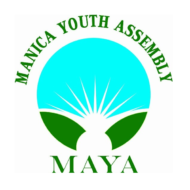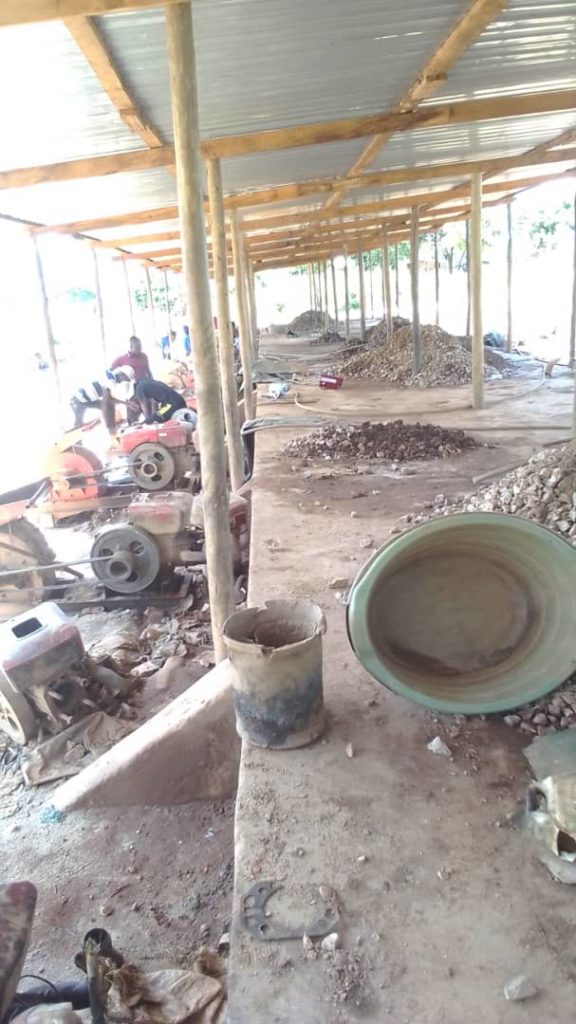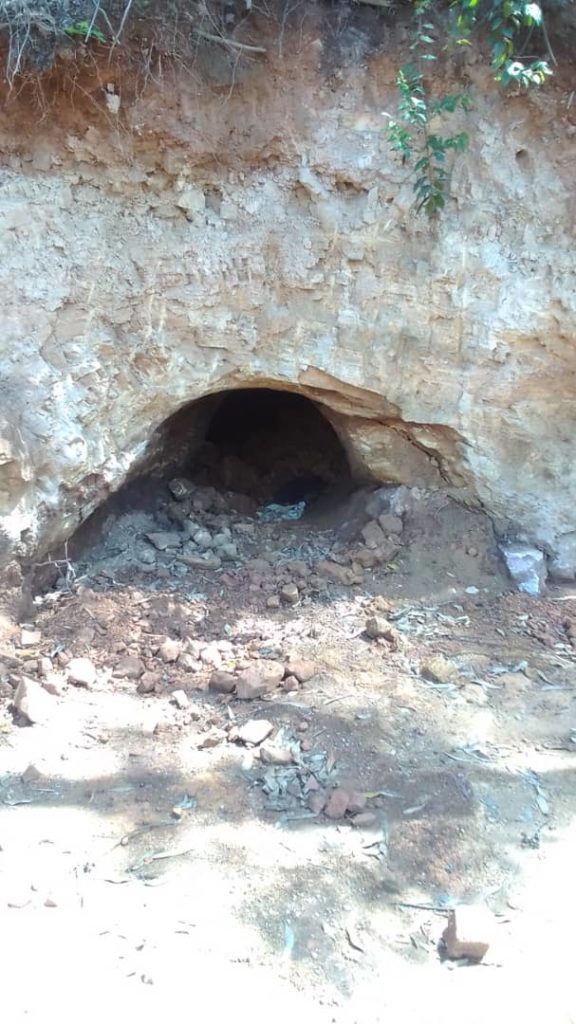Environmental Disaster brewing in Rusitu Valley
When one talks of Rusitu valley in Chimanimani, what likely comes into mind is the unforgettable disaster brought by Cyclone Idaho in 2019 which left a trail of destruction and human suffering. The Cyclone left a huge toll on the environment which nobody knows how it will and when this will be reversed if at all it can be done.
As people focus on the effects of Cyclone Idai, however, there is another environmental disaster that is looming which is artisanal gold panning. This is not a new phenomenon at all as these activities have been going on for a long time in Chimanimani District where thousands of prime timber plantations such as Tarka are under siege from the gold panners. Popular panning zones were Kurwaisimba and the infamous Musanditeera where it was claimed was so adorned with gold that it was a norm to pick up sizeable gold nuggets. Now, the problem has come to the community doorsteps, and it appears there is not much they can do to save themselves and the environment from the artisanal miners.
Thus, when cyclone Idai wreaked havoc on Chimanimani, Rusitu valley arguably received the worst blow. It is feared that there are hundreds of gold panners buried under the Rusitu Valley whilst many more where swept away into Mozambique. There were thousands of gold panners around the area from far flung areas who were involved in artisanal mining when the Cyclone struck and it was expected that this will stop since people had learnt there lesson but gold panning has bounced back with a bang.
A recent visit during the Christmas and new year holidays proved that artisanal mining is becoming a bigger threat to the environment and humans more than the cyclone Idai itself. At least the Cyclone was once off but the artisanal gold panning may go on for decades if not centuries if left unchecked. It has become a livelihoods issue and many young men are being socialized into it to the extend that it has been normalized as the easy way out of poverty and joblessness.
The social and environmental impact will be dire. As more amd more people resort to gold panning, so will be the social impact. Arable land is being lost while homes and even schools such as Rusitu Mission are already feeling the effects as some panners are already digging in the Mission grounds. Several families have lost their fields and reserved land due to the uncontrolled panning activities.
Many Houses are standing on top of underground tunnels dug up by the panners and it is possible that during the rainy season, several houses will collapse because the ground has become unstable and shaky. It’s like people have built on shifting sands. Local leadership and community have no capacity to tame or stop these activities since the artisanal miners who are mostly youths are violent and are not from the area. Police seem not to have any capacity to tame the tide either as they have become aides to the crime through corruption as they are paid kickbacks by the panners.
During the visit to the area, it was observed the artisanal miners were busy on their trade and operating underground without any precaution in case of a disaster. They use dangerous chemicals such as mercury to refine the gold polluting existing water bodies and threatening the health of humans and animals. There are holes dug everywhere and the traditional leaders and other administrative leadership have no control on what is going on. Rusitu is fast becoming a lawless jungle and as the digging and scavenging for gold continues in earnest, the community and environment will be exposed to terror never known to them before.
There are thousands of craters from the digging, some as deep as 80 meters and this means that even the water table in the area will further go down turning it into a dryer region and access to water will become a challenge. Because the artisanal miners don’t reclaim or close up the holes after digging, these also become water reservoirs and will trap more water during rainy seasons and eventually causing flooding down-stream.
The work of MAYA and other stakeholders in the Environmental cluster has been cut out for them and there is an urgent need to facilitate interventions right bow to mitigate the problem. There is need to educate the communities about the dangers of the activities for now and future generations. The Mines and Minerals Act currently held under review must empower communities and local leaders to protect their local areas from predators such as artisanal gold panners. There is also need to educate the panners themselves on responsible and safe mining practices as well so that both miners and the environment are saved.
As an organisation we wish to engage the community and the artisanal miners to address the crisis at hand and avoid a disaster. The community is still nursing the cyclone Idai disaster that reaped the community in 2019. The mining activities are fast encroaching and are overtaking the efforts by environmentalists combined efforts.
MAYA for Environmental Protection.


